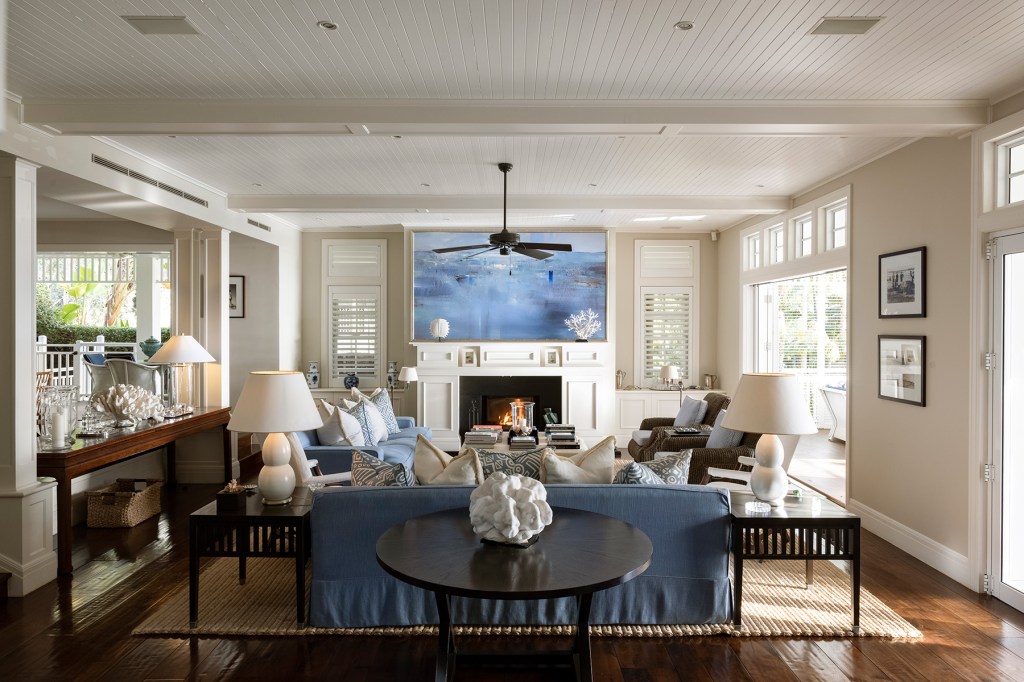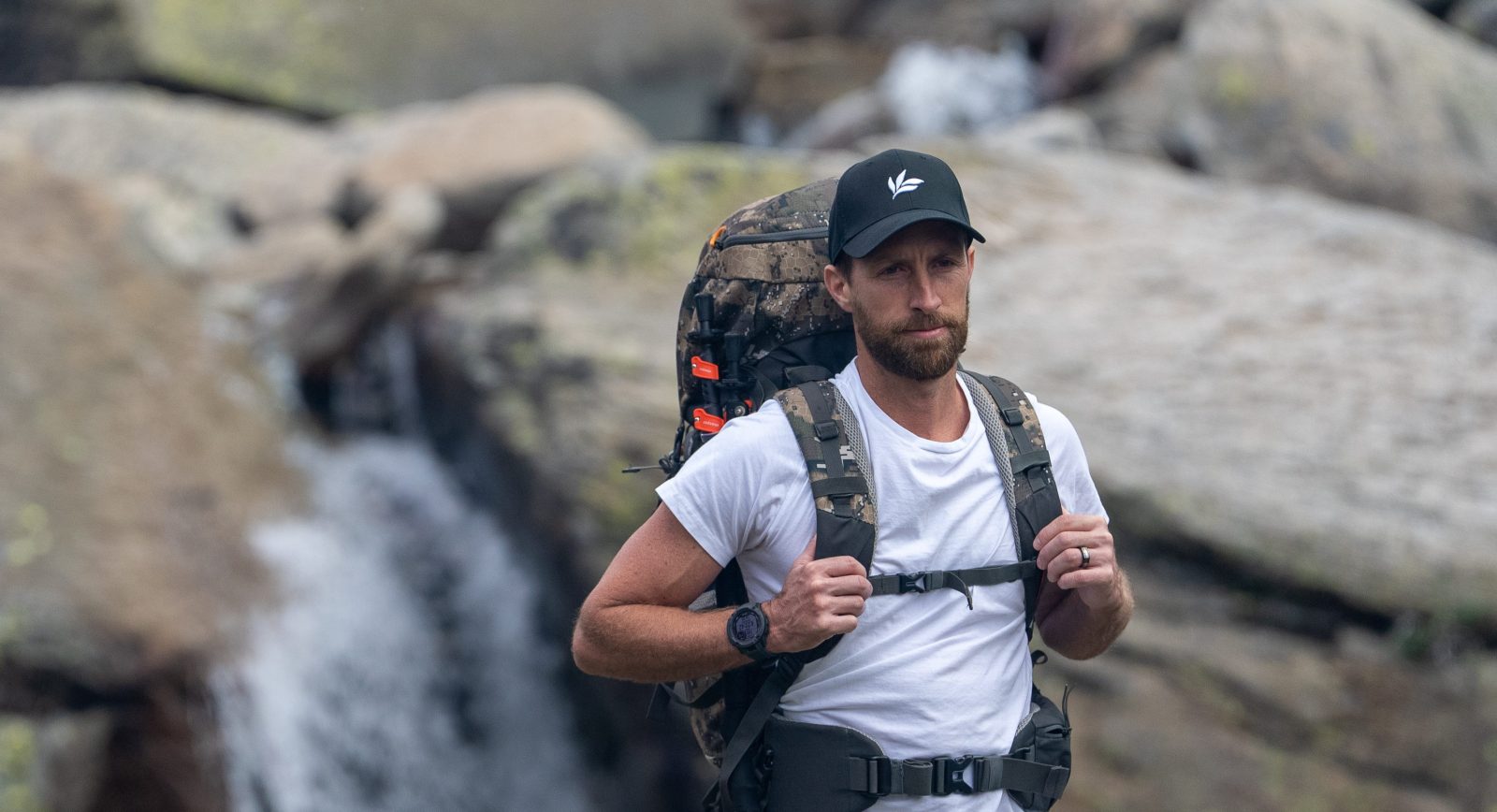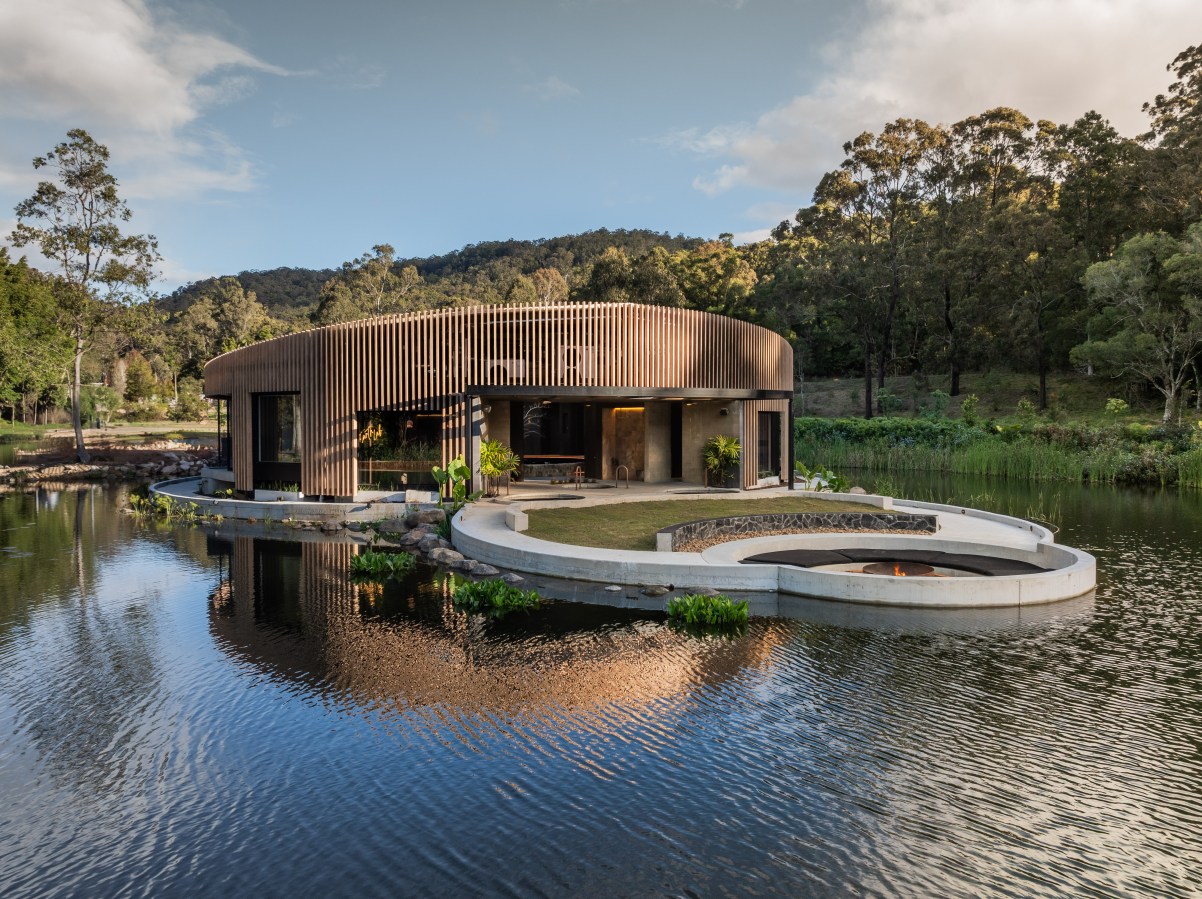The death and rebirth of bricks and mortar. Here’s how some disruptive companies are out-thinking the latest retail apocalypse.

Ask not for whom the Bell Tolls
When Investment Bank UBS announced that 50,000 retail stores were likely to close in the US alone by 2027, pundits globally began to further chime the death knell of physical retail. In Australia, department store giant Target shared in a recent press release that they were making “the very difficult decision to close some stores to improve the commercial viability of the business” and to focus on a smaller, less complex and more digitally enabled offering.
Of course, Target is not the first US company to struggle in the Southern Hemisphere. Starbucks famously missed the mark in Australia by expanding too rapidly and failing to adapt its American business model to a new environment. Eventually, the Seattle-based coffee giant would close two thirds of its locations – a frightening figure for onlookers with vested interests in bricks-and-mortar retail internationally. And this trend is on the rise elsewhere.
An industry in turmoil
Another group that is facing challenges amid a post-covid lull in demand are furniture retailers. Declining sales coupled with the burden of costly real estate is taking down some of the industries best known brands.
While some companies like Restoration Hardware are seeing declines in revenues, others like Z Gallery has filed for Chapter 11 in October 2023. Fetterman, Z Gallery’s interim CEO, noted in the filing that the retailer was emphasising e-commerce to the point where half its sales were online, in part because stores were more expensive to run.
Home interior market favourites Mitchell Gold + Bob Williams announced their closure in Q2 2023, with 800 redundancies. Furniture giant Ruby Gordon filed for Chapter 11 bankruptcy last November, and Coco Republic, an Australian brand, is closing its flagship store in San Francisco less than a year after its opening.
“We invested extraordinary time and capital in our initial U.S. flagship store in Union Square,” said Anthony Spon-Smith, Coco Republic’s creative director and founder based in Sydney. “Less than six months from opening, we could not be more disappointed to be shuttering this flagship location”.
With retail facing such headwinds and the continuous advances in technology, we are seeing the rise of companies aiming to offer the benefits of physical retail without the overhead costs. The approach is simple. Take existing spaces that we all spend time in on a regular basis, full of products like furniture, CPGs and electronics, and allow the customer to purchase whatever inspires them.
We have all been to hotel rooms, airbnb’s and staged homes that motivated us to ask the question, “I wonder where this is from”. I personally have been known to overturn a chair or two in a hotel lobby desperately seeking a tag or logo that would let me hunt the product down and buy it. Unfortunately, I have always come up empty handed. Either they had no identifying labels or in the off chance that I could find a label, buying it was not an option since the company was a wholesale vendor.
Google Lens can be handy for finding something that looks like a product that I’m interested in, but I don’t want a look-a-like! I want the actual product I’m staring at, sitting on or experiencing.
It does sound simple on the surface but the hidden complexity lies in the challenges of product identification, sourcing and fulfilment.
Several companies have taken on the challenge and today we will focus on three that we see to be leading the charge, MINE, Minoan and Guest House
Mine
In an industry often marked by incremental change, MINE stands out as a refreshing departure. Founded by Eoin Harrington, former Head of Innovation at Restoration Hardware, MINE is reshaping the furniture landscape with its concept of ‘Real Life Retail’.
Through strategic partnerships with top homebuilders nationwide, MINE has transformed model homes into dynamic furniture showrooms. This innovative approach has fuelled rapid expansion, boasting over 1,500+ physical locations exceeding 3,750,000 square feet in just three years.
Operating seven days a week, every MINE showroom has an average lifespan of 2 years and showcases a unique selection of designer-curated products from leading wholesale vendors.
MINE also enhances the customer experience by providing design services to homebuyers via their network of interior design professionals across the US. Their proprietary platform, Studio MINE, leverages a 250,000 product assortment and high powered design tools to make the entire experience easy for both client and designer.
Whether you’re in Orlando, Los Angeles, or anywhere in between, finding a MINE location is simple. Visit allmine.com to find a showroom near you and discover a new way to shop for furniture.
Minoan
Minoan seems to have focused more on the hospitality space honing in on Short Term Rentals and hotels. The belief driving Minoan’s mission is that true affection for a product stems from experiencing it in the context of everyday life. Minoan places brands in a network of well-curated, bespoke properties, offering prime opportunities for consumers to actively engage with and utilise the showcased products.
Their showrooms are open to the guests who stay at their locations and therefore can’t be used as physical showroom resources for just anybody. With its innovative approach, Minoan, not only transforms the shopping experience but also creates a harmonious connection between people and the products that enhance their lives.
Guest House
Guest House operates as a unique staging company that specialises in the sale of furniture, employing an innovative approach to connect brands with consumers in the realm of real estate. Recognising that open houses have become the new showrooms, the platform strategically places brands in beautiful properties on the market, transforming homes into authentic and engaging retail spaces. This allows potential buyers to experience products in a native setting, fostering a direct connection with the brand through in-room signage and compelling calls to action.
By partnering with Guest House, brands gain exposure to hundreds of potential buyers who visit these staged homes, providing an opportunity for in-person interactions with the showcased products. Additionally, Guest House leverages the power of online visibility, reaching an audience of thousands through professional images of the staged homes. Brands collaborating withGuest House receive high-quality photographs of their products, capturing various editorial angles and showcasing each piece in the best light for marketing and promotional purposes.
The platform collaborates closely with real estate agents to seamlessly integrate and stage homes, effectively featuring brands in a way that enhances the overall appeal of the properties. This unique approach not only transforms the traditional concept of retail spaces but also offers brands an authentic and intimate way to connect with consumers during their home-buying journey.
Since Guest House works predominantly with re-sale homes, the showroom will close the day the home is sold so the life span of the showroom could be a couple of days to several months. As such, the number of people who get a chance to see the furniture could really vary.
The jury is still firmly out on whether or not the retail industry is going to need to contract down to more sustainable direct to consumer models to survive, but one thing is certain: the opportunity has not gone unnoticed by the entrepreneurs behind the companies above. In a world where sustainability is a critical consideration for future systems and business models, unlocking the latent value of the world around us for discovery and commerce seems to fit right in.
Are you – or is someone you know -creating the next Afterpay or Canva? Nominations are open for Forbes Australia’s first 30 under 30 list. Entries close midnight, July 15, 2024.
Look back on the week that was with hand-picked articles from Australia and around the world. Sign up to the Forbes Australia newsletter hereor become a member here.


